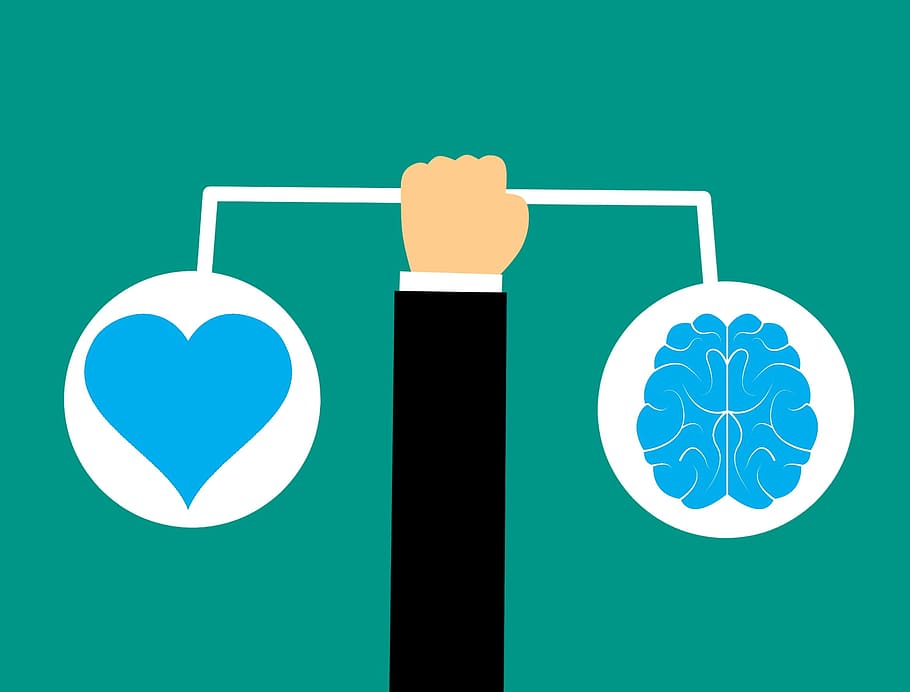
FAQ About Basics of Emotional Intelligence
How does emotional intelligence affect mental health?
Self-Awareness: EI involves understanding and recognizing one's own emotions. This self-awareness allows individuals to identify and acknowledge their emotional states, triggers, and patterns of thinking. By being aware of their emotions, individuals can better manage their mental health and seek appropriate support when needed.
Emotional Regulation: High EI individuals are adept at managing and regulating their emotions effectively. They can recognize and understand their emotions without being overwhelmed by them. This emotional regulation helps prevent excessive stress, anxiety, and negative emotions from negatively impacting mental health.
Coping with Stress: EI enables individuals to cope with stress and adversity more effectively. High EI individuals are better equipped to recognize stressors, understand their impact on mental well-being, and employ healthy coping strategies. They can regulate their emotions and maintain a more positive mindset during challenging situations.
Empathy and Social Support: EI includes the ability to understand and empathize with the emotions of others. This empathy allows individuals to provide and receive social support, which is essential for maintaining good mental health. Strong social connections and support systems contribute to improved mental well-being and resilience.
Effective Communication: EI enhances communication skills, allowing individuals to express their emotions and needs more effectively. Good communication fosters understanding, builds healthy relationships, and helps individuals navigate interpersonal challenges. Effective communication positively impacts mental health by reducing misunderstandings, conflicts, and feelings of isolation.
Decision-Making: Emotional intelligence plays a role in decision-making, including decisions that affect mental health. High EI individuals can consider the emotional consequences and implications of their choices on their mental well-being. They make informed decisions that prioritize self-care, boundary-setting, and overall psychological health.
